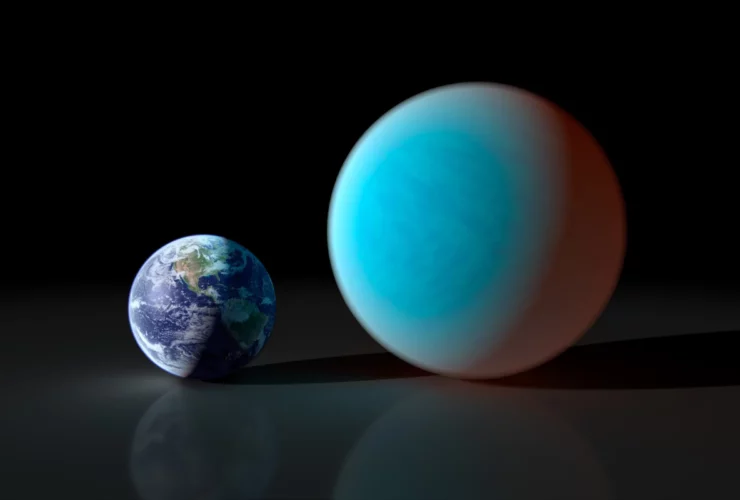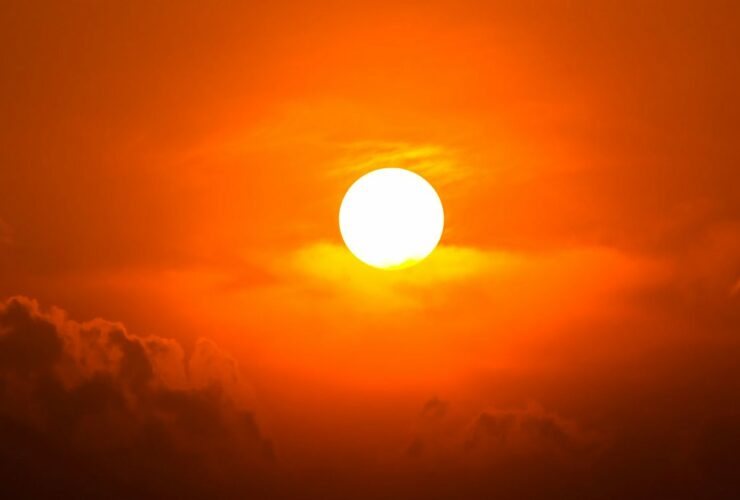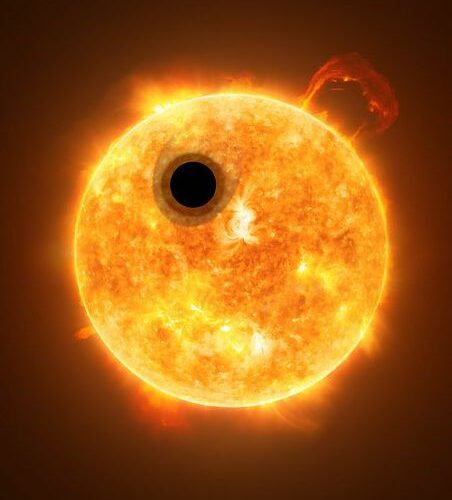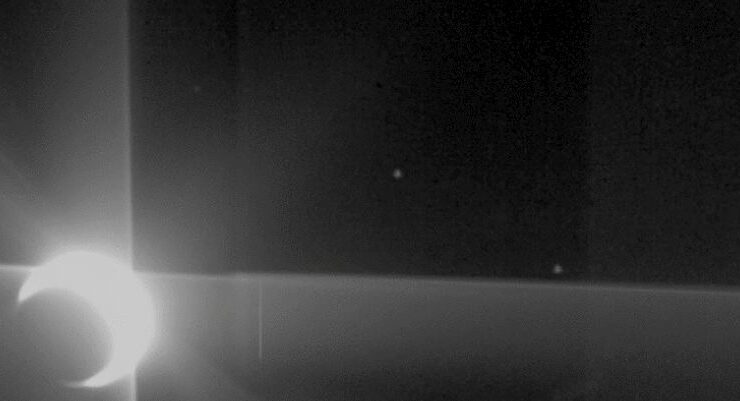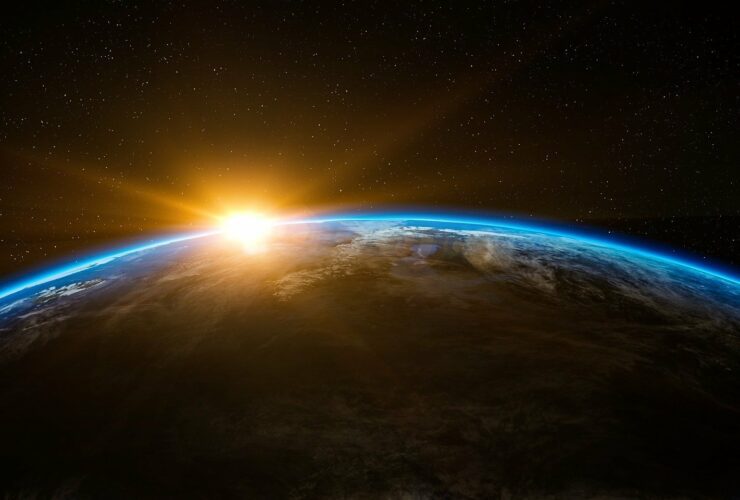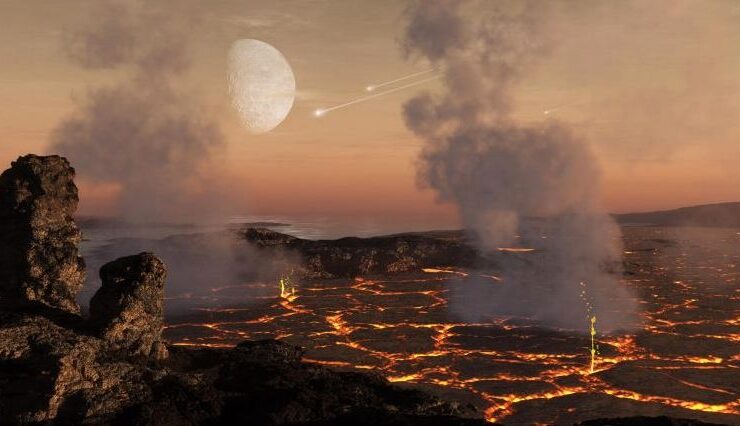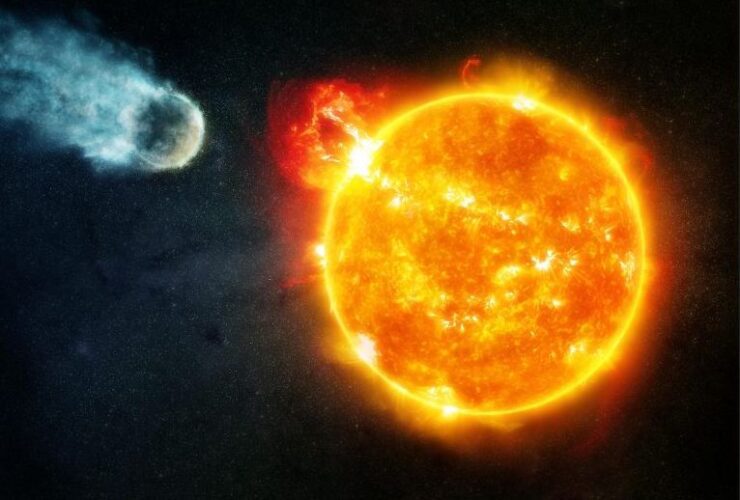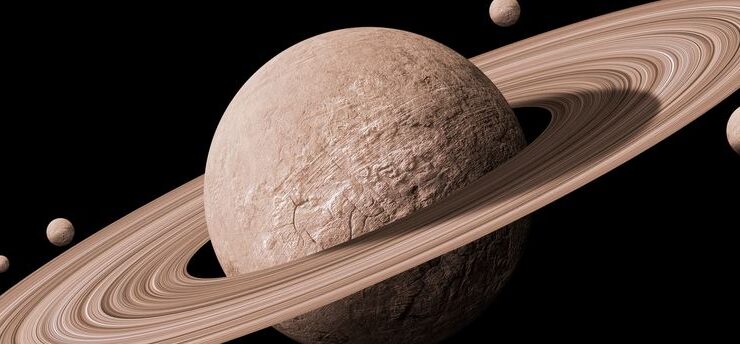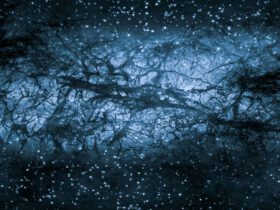Astronomers have identified a strange planet not present in our solar system orbiting other stars. It is neither too large nor too tiny but falls between the Earth’s and Neptune’s radii. Dense “super-Earths,” more prominent than Earth, are found near ...
The NASA TESS (Transiting Exoplanet Survey Satellite) mission just discovered something significant: our own sun is remarkably well-behaved in comparison to its counterparts elsewhere in the cosmos. (Image courtesy of NASA/Solar Dynamics Observatory and Getty Images.) According to Universe Today, ...
An international team of researchers from the University of Bern and the University of Geneva and the National Centre of Competence in Research (NCCR) examined the atmosphere of one of the most extreme known planets. The findings of this hot, ...
Ever wondered how sunlight is on other planets? Well, you may never know when you could actually come across some proof! Venus is well-known for its inhospitality. It’s a nightmarish planet, rough at edges, and apparently, the most reflective planet ...
The worldwide “business as usual” approach to the ongoing problem of climate change has gotten our planet’s “vital signs” to reach record-breaking levels of deterioration, an influential team of scientists reported last Wednesday. They warned that we are about to ...
A new method of analyzing planetary atmospheres reveals data about the initial composition of the atmospheres of rocky exoplanets. Researchers from the UC Santa Cruz released a paper recently discussing the technique, process, and findings. The ancient atmospheres of rocky ...
The hunt for habitable planets continues as scientists wonder now how hospitable are actually the red dwarfs. These cosmic features are one of the long-lasting and most common stars in the Milky Way, and they could hide more secrets than ...
Saturn has puzzled scientists’ work for decades due to its mysterious structure that’s so challenging to probe. Recent data, however, shed light on a subject that intrigues us all: what’s like inside Saturn? Thanks to the gas giant’s unique ring ...

